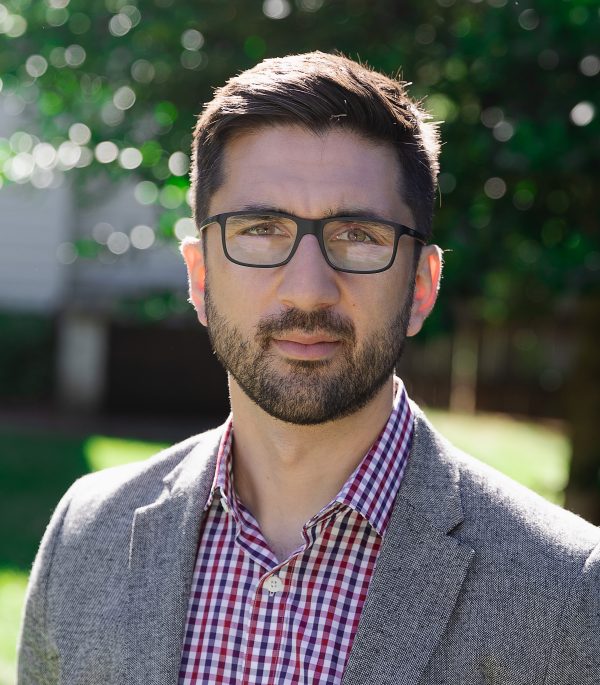
Editorial: What Does the Disbandment of the PKK Mean?
This editorial reflects the opinions of the author.
When Abdullah Öcalan began organizing around the principle that “Kurdistan is a colony” in 1973–1974, he did so not with weapons, but with ideas and a small circle of university students. These early followers included both Kurds and Turks, a reflection of the ideological ambition that transcended ethnic lines and sought to confront what Öcalan viewed as systemic injustice in the Turkish state. In an era when the Kurdish identity was not only denied but criminalized, this was a radical act of political courage.
Turkey in the 1970s was a deeply repressive environment for its Kurdish population. Kurdish linguistic and cultural expression were banned. Even acknowledging Kurdish identity in the public sphere could lead to arrest, exile, or worse. To organize politically around Kurdish rights at that time meant inviting state persecution and possibly a death sentence. Within this suffocating political climate, Öcalan and his peers formed a student group to discuss theory, strategy, and the realities of Kurdish oppression. Their activism spread eastward, into the Kurdish regions of Turkey, where they began to organize among the rural poor, workers, and peasants.
Four years later, in 1978, this small, ideologically driven network would become the Kurdistan Workers’ Party (PKK). Despite the eventual association of the PKK with armed struggle, the organization spent the first decade of its existence engaged primarily in political education, grassroots organizing, and ideological development. It was not until 1984—six years after the PKK’s official founding—that its military wing launched its first armed operations.
This timeline is important. It reveals that for the first ten years of its history, the PKK was not a military organization and did not wage war. The decision to take up arms was not made lightly, nor was it the founding purpose of the organization. The PKK leadership believed that no peaceful or legal channels remained open for the Kurdish people to pursue their political rights. The Turkish state’s violent suppression of Kurdish expression made peaceful activism appear futile. In this context, the PKK believed it was compelled into armed resistance.
Whether one agrees with the PKK’s methods or not, it is impossible to deny that since August 15, 1984 —the date of its first armed action — the political landscape for Kurds has changed dramatically. Today, Kurdish political and cultural identity is no longer underground. In Turkey, the pro-Kurdish political party, currently the Peoples’ Equality and Democracy Party (DEM) Party, plays a critical role in national politics. In many elections, it has shifted the balance of power, acting as kingmaker in some. In others, it has achieved sweeping victories in the Kurdish-majority southeast. Kurdish music, literature, and cinema are now mainstream. Even if one is opposed to the PKK, it is difficult to ignore the fact that the organization helped carve out the political space that made these gains possible.
Moreover, the ideological influence of the PKK and Abdullah Öcalan has extended far beyond Turkey’s borders. In northern Syria, Kurdish-led governance structures have emerged in the aftermath of the Syrian civil war. These structures, rooted in principles of direct democracy, women’s equality, and ecological sustainability, bear the clear imprint of Öcalan’s writings. The Democratic Autonomous Administration of North and East Syria (AANES), often referred to as Rojava, is arguably one of the most ambitious political experiments in the Middle East today. While the relationship between the PKK and the Syrian Democratic Forces (SDF) is complex and often disputed, the ideological lineage is undeniable. Without the intellectual and organizational foundations laid by the PKK, it is difficult to imagine how such a transformative political project could have emerged in the midst of war.
Now, after more than four decades of struggle, the PKK appears to be entering a new phase. At its twelfth and final Congress, the leadership declared that “the PKK had fulfilled its historic mission.” The meaning of this declaration is still being debated, but it suggests a recognition that the conditions which once necessitated the PKK’s existence have changed. What began as a response to the violent erasure of Kurdish identity has evolved into a broader political and ideological movement—one that can potentially continue without the PKK’s organizational form.
To paraphrase and adapt a quote attributed to the African-American civil rights activist Medgar Evers: you can disband an organization, but you cannot disband an idea. The letters P-K-K may no longer appear side by side in the future, but the pursuit of Kurdish political, cultural, and economic rights will endure. Across Turkey, Syria, Iraq, and Iran — the lands Kurds call home — the struggle will continue, shaped by new realities.
What matters now is not the name of the organization but the ideals it has helped to popularize: radical democracy, women’s liberation, communal autonomy, and a vision of society rooted in justice and ecology. These principles have already transformed Kurdish politics and inspired activists far beyond Kurdistan. They are the intellectual and moral legacy of a movement that refused to accept erasure, even when the cost of resistance was extraordinarily high.
As we look to the future, we must ask: what comes next? The answer may not lie in a party, an army, or revolution, but in the proliferation of ideas once considered dangerous, now considered necessary. The struggle for Kurdish rights is no longer confined to the shadows—it is in parliaments, in local councils, in classrooms, and on the streets.
I, for one, hope that the next stage of this journey will be led by those who continue to place women’s liberation, human emancipation, and ecological flourishing at the heart of their vision; be it in Turkey, Syria or Iran. That is the truest measure of progress—not the permanence of a political party, but the persistence of a liberatory idea.



